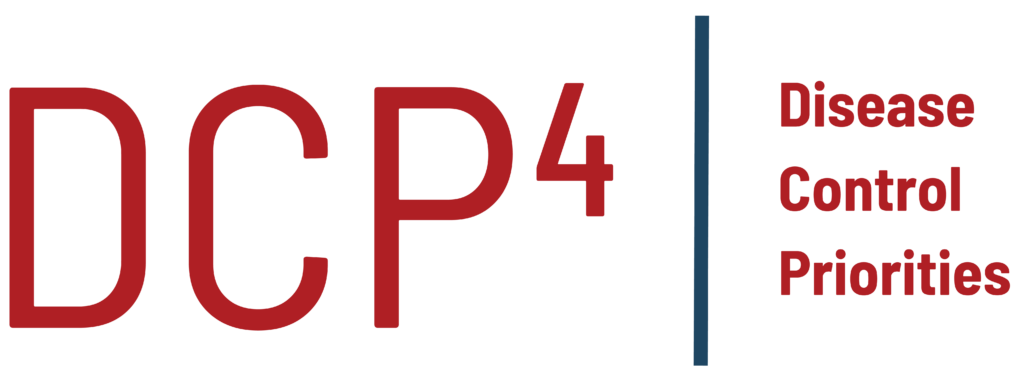Disease Control Priorities 4
economic evaluation for health
The Disease Control Priorities project started in 1993 and aims to promote the use of economic evidence to set priorities in health and address the burden of disease, especially in low-resource settings.
DCP4 builds on previous editions to help translate economic evidence into better healthcare priority-setting at both global and national levels.
Duration: From 2021 to 2031
Secretariat: University of Bergen, Norway
Lead Editor: Ole F. Norheim
Structure: Divided into Four Volumes
DCP-4 Volume 1 and Volume 2 are published now and can be downloaded on the volume pages.
About the Series
The fourth edition of Disease Control Priorities (DCP-4) builds on a series of publications that started 3 decades ago by the World Bank. The University of Bergen will be hosting the Secretariat for this multi-year project that is led by Bergen Centre for Ethics and Priority Setting in Health (BCEPS) Director Ole Frithjof Norheim and will include inputs from many other institutions around the world.
What DCP-4 Covers
DCP-4 builds on Disease Control Priorities 1 to 3 to help translate economic evidence into a better priority setting approach for Universal Health Coverage (UHC) and intersectoral and international actions for health. This will be achieved through collaboration and capacity strengthening in a select group of Low-and-lower-middle income countries (LMICs). DCP-4 will be relevant for all countries committed to increasing public finance of UHC and recognizing the need to set priorities on the path towards achieving Sustainable Development Goals during and after the COVID-19 pandemic.
DCP-4 Volumes
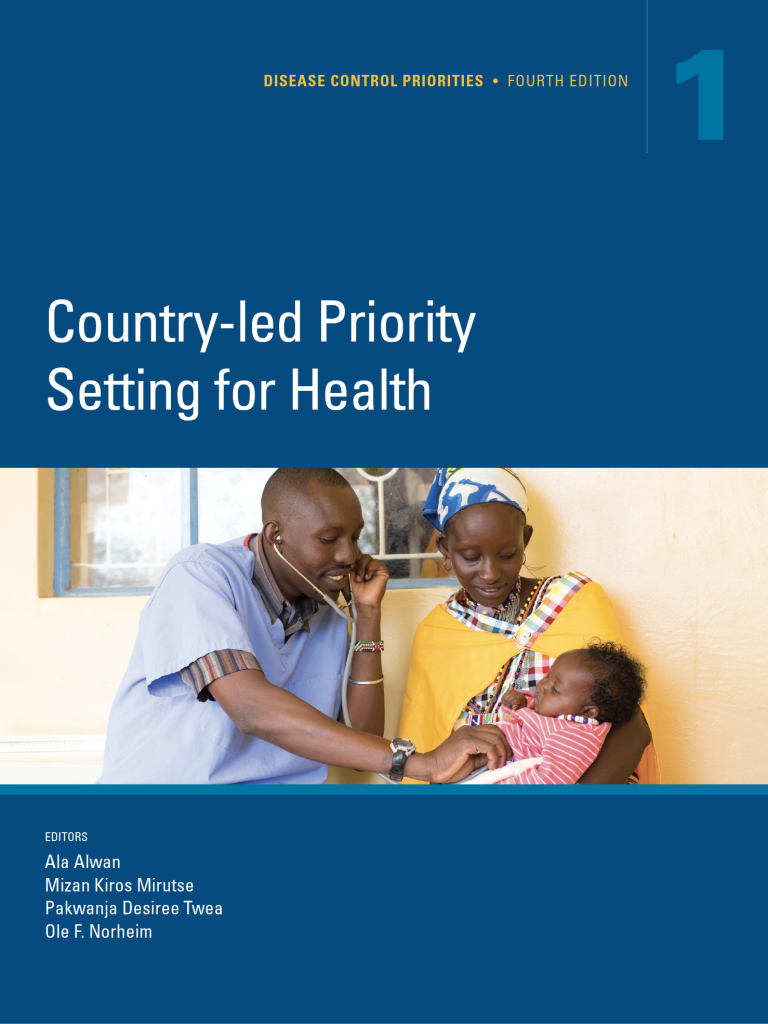
1. Country-Led Priority-Setting for Health
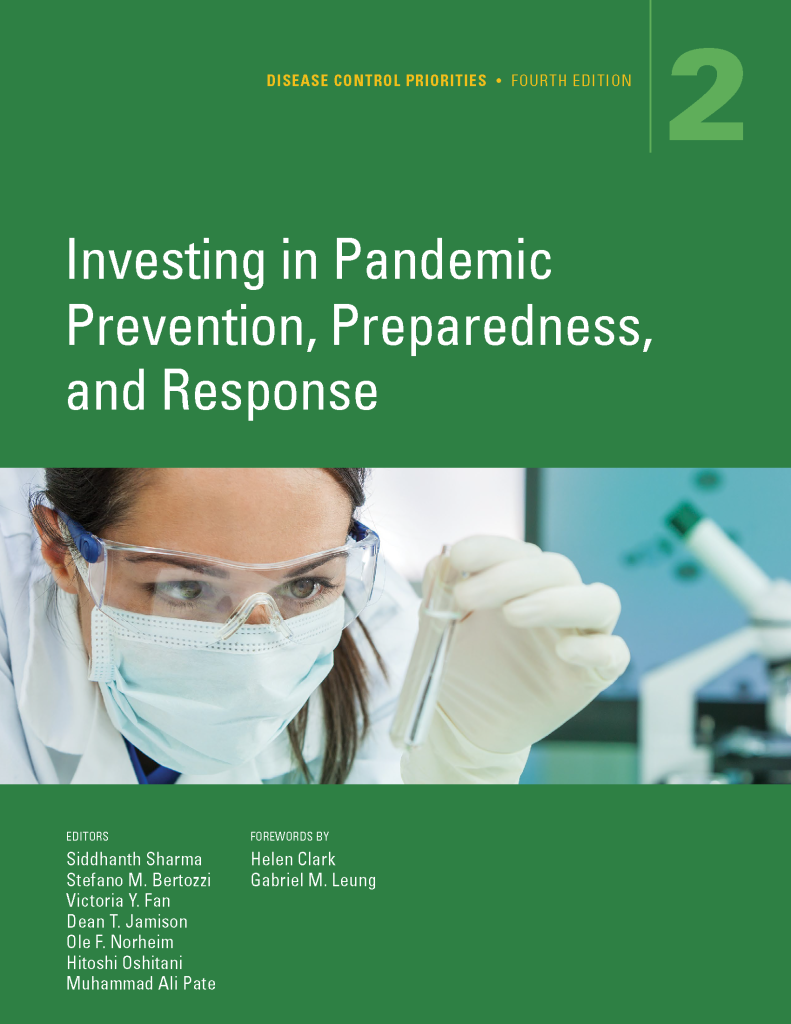
2. Pandemic Preparedness, Prevention and Response
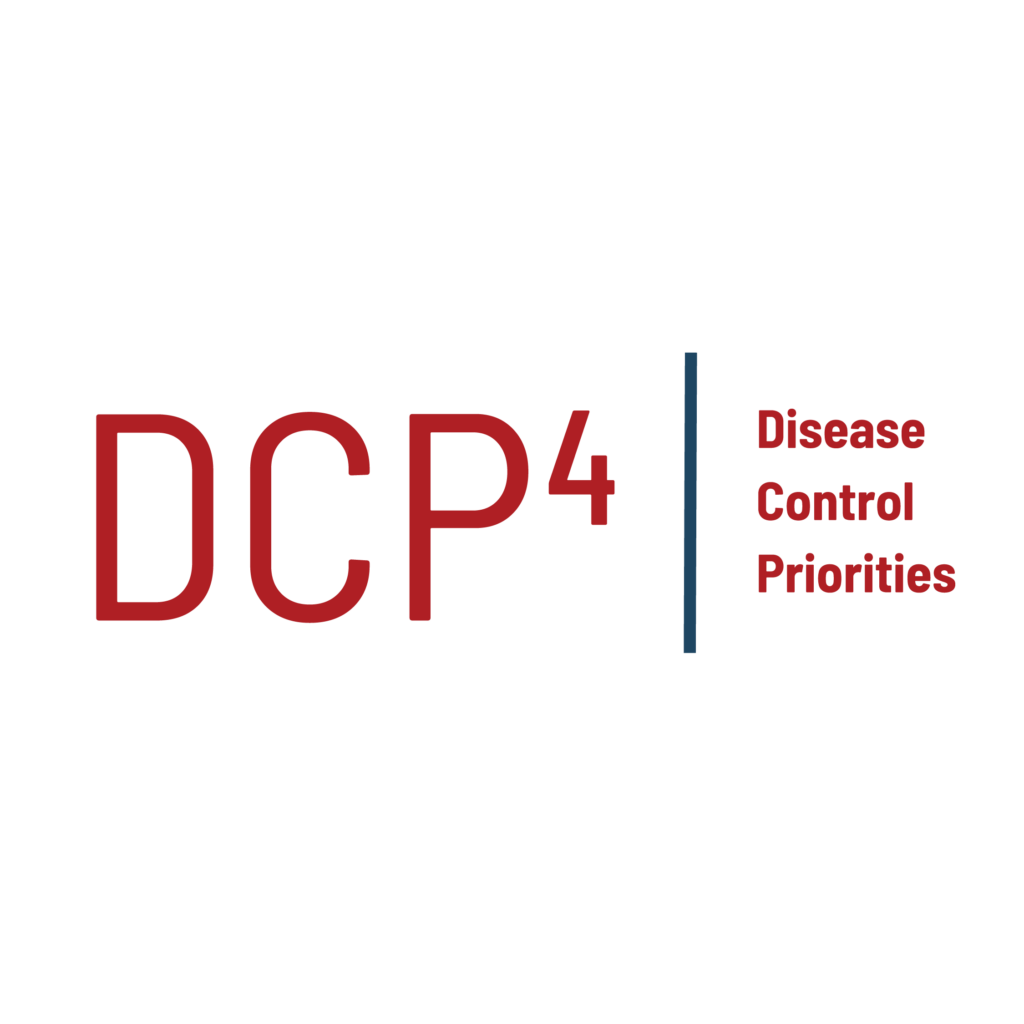
3. Interventions Outside the Health Care System

4. Universal Health Coverage
Previous Series
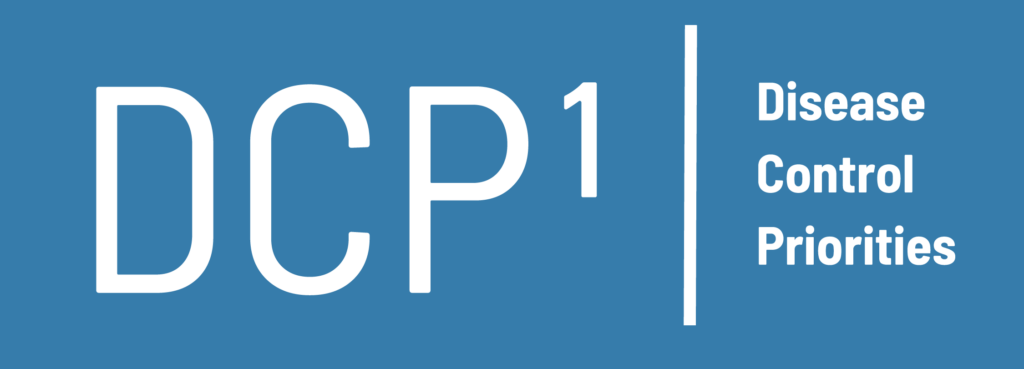
DCP1
Disease Control Priorities in Developing Countries
In 1993, the first edition, DCP1, was published by the World Bank, providing a systematic analysis for Low and Middle-Income Countries (LMIC) on how to allocate resources within the health sector. They advocated the use of cost-effectiveness analysis as the tool to identify interventions and policies that would tackle the most prevalent health problems.
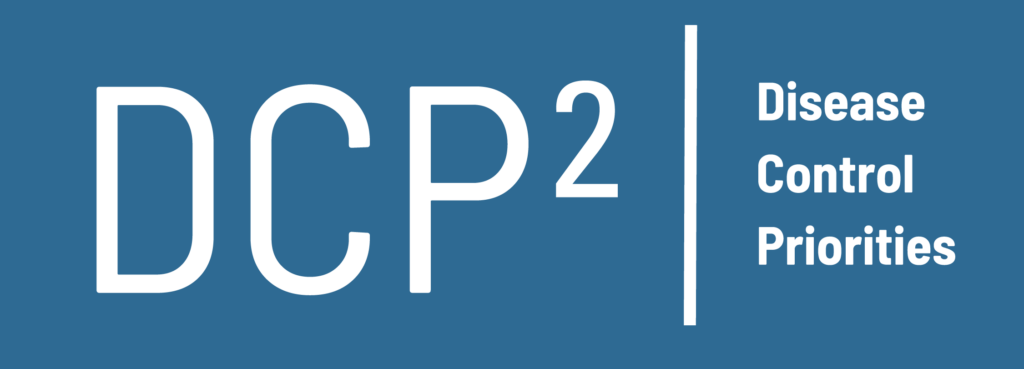
DCP2
Disease Control Priorities in Developing Countries
The DCP2 was released in April 2006 and sought to update and improve the economic analyses and incorporate the institutional, organizational, financial, and scientific aspects needed for the delivery of health care interventions. Service delivery platforms were taken carefully into consideration and a more integrative approach was used for certain areas, such as school health systems, surgery, and childhood illness.
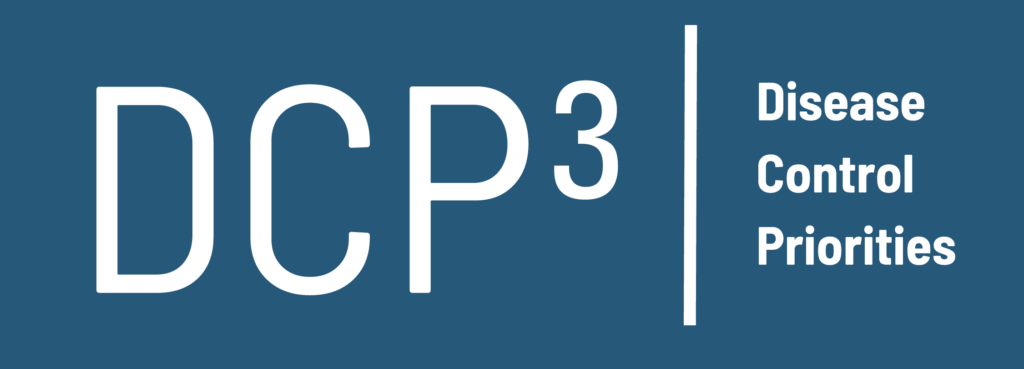
DCP3
Disease Control Priorities 3
From 2010 to 2017, the University of Washington led the DCP3 and got more than 500 scholars, policymakers, and technical experts on board to work on the development of its 9 volumes. The first 8 volumes are organized around thematic areas, such as cancer and infectious disease, while the final volume is a compilation of the main recommendations on health priorities. New analytical methods were specifically developed for this edition and equity and financial risk protection were incorporated into the economic evaluation.
DCP-4 Secretariat
(in alphabetical order)

Wafa Aftab
PhD Research Fellow
Department of Global Public Health and Primary Care
University of Bergen
wafa.aftab@uib.no

Mizan Kiros Mirutse
Postdoctoral Research Fellow
Department of Global Public Health and Primary Care
University of Bergen
mizan.mirutse@uib.no

Ole Frithjof Norheim
Professor, Director BCEPS
Department of Global Public Health and Primary Care
University of Bergen
ole.norheim@uib.no

Pakwanja Desiree Twea
PhD Research Fellow
Department of Global Public Health and Primary Care
University of Bergen
pakwanja.twea@uib.no
DCP-4 Series Editors

Department of Epidemiology & Biostatistics
University of California, San Francisco
dean.jamison@ucsf.edu

Ole Frithjof Norheim
Professor, Director BCEPS
Department of Global Public Health and Primary Care
University of Bergen
ole.norheim@uib.no
Partners & Funders


